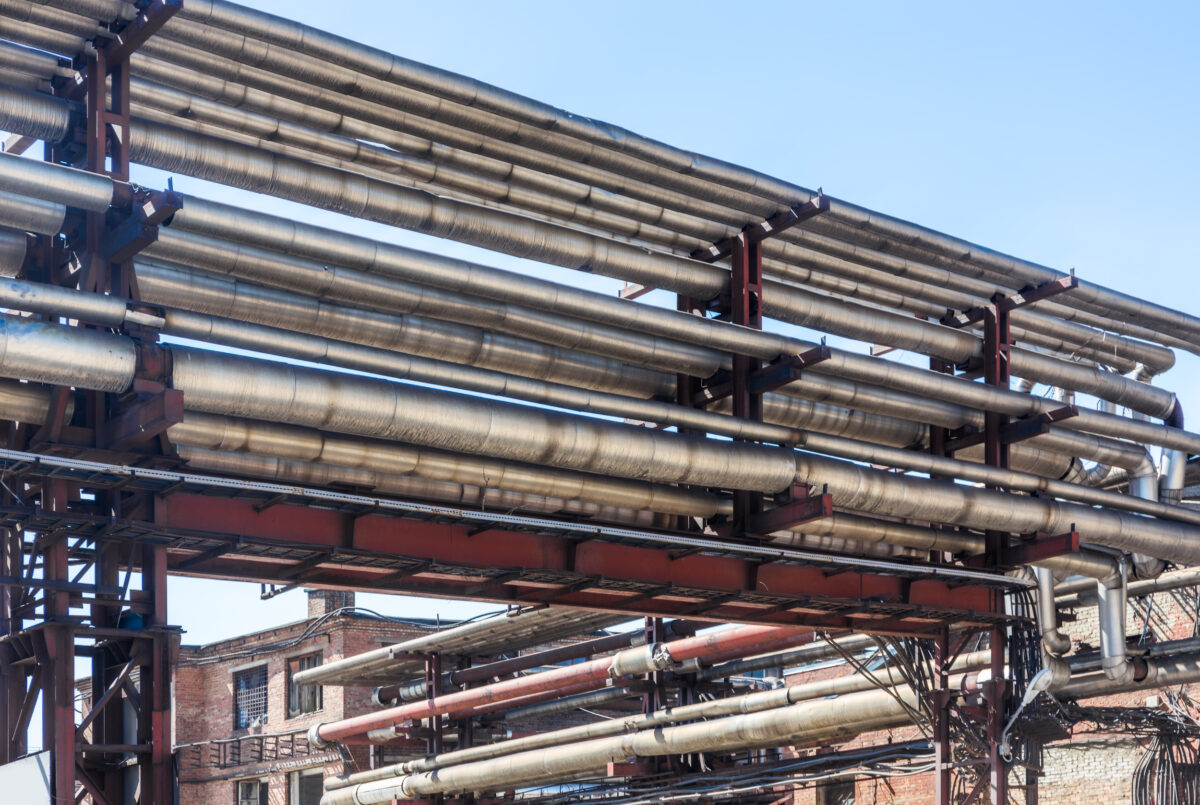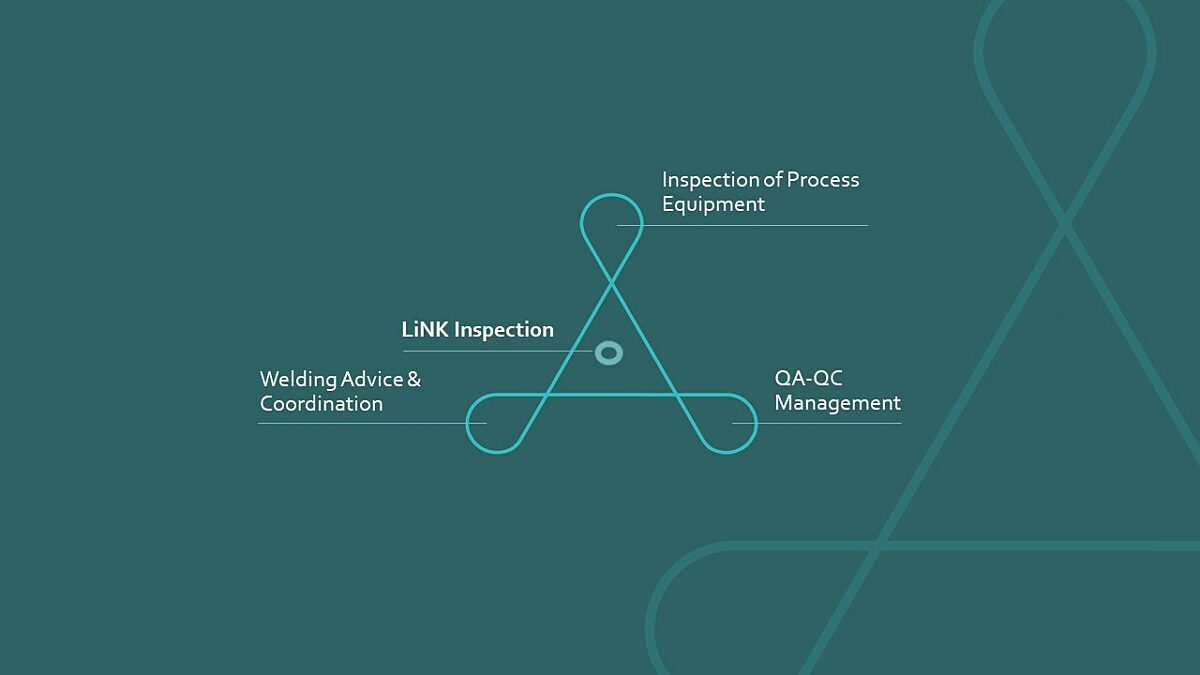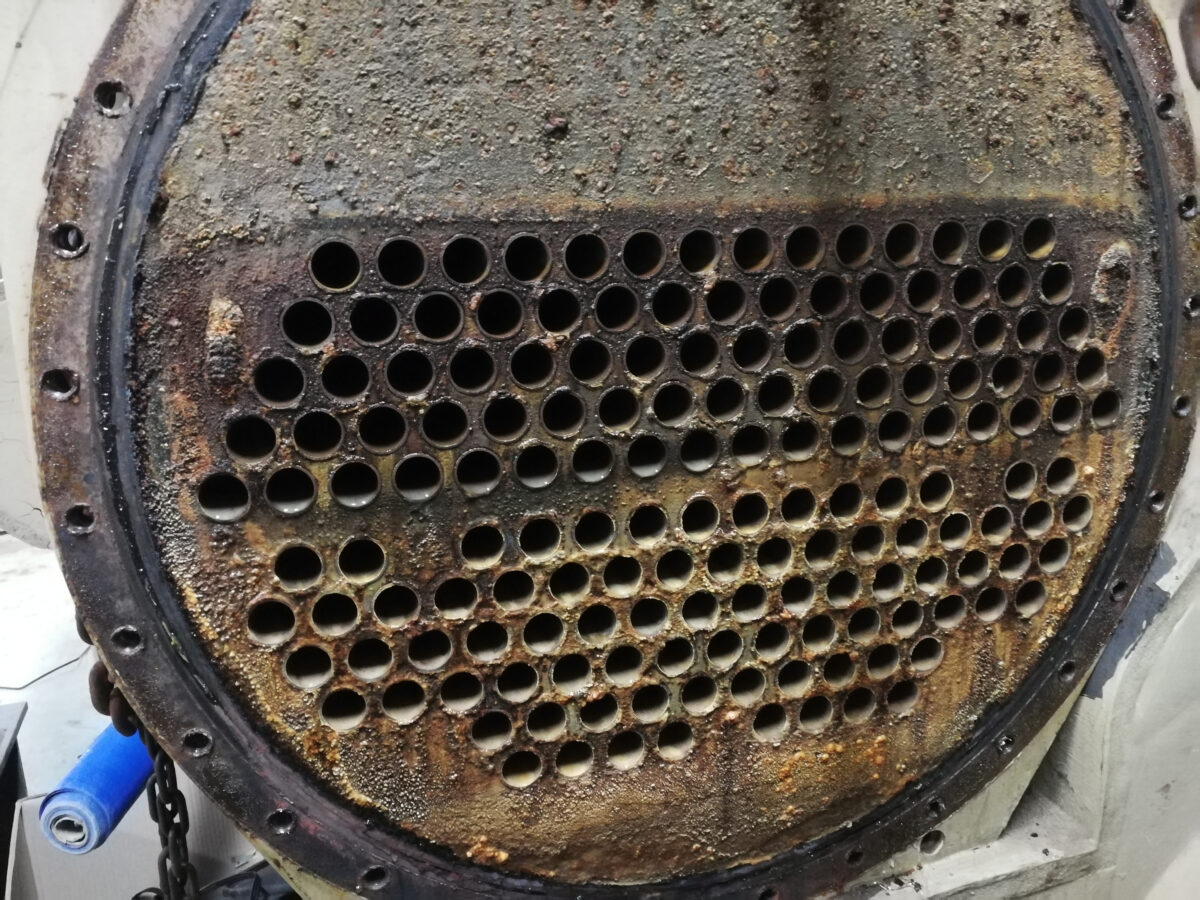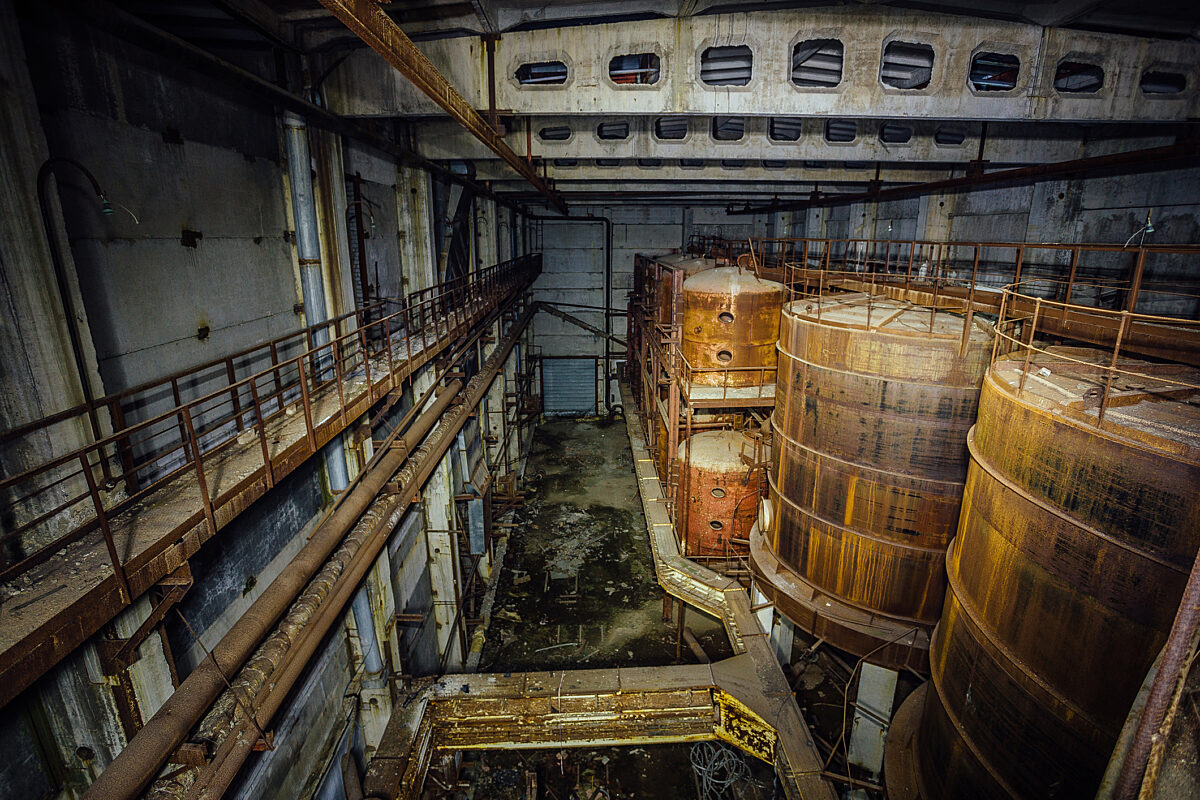LiNK Inspection


LEGISLATIVE INSPECTION FRAMEWORK IN BELGIUM
Three inspection domains are legally determined Belgium

LINK INSPECTION SERVICES
Inspection of process equipment
Welding advice & coordination
QA-QC management

ADDED VALUE WITH LINK INSPECTION
Although over 80% of all production units are not submitted to legally determined inspection LiNK Inspection is able to offer added value by introducing low budgets. Moreover, LiNK Inspection is your partner in planning and executing inspection, in order to